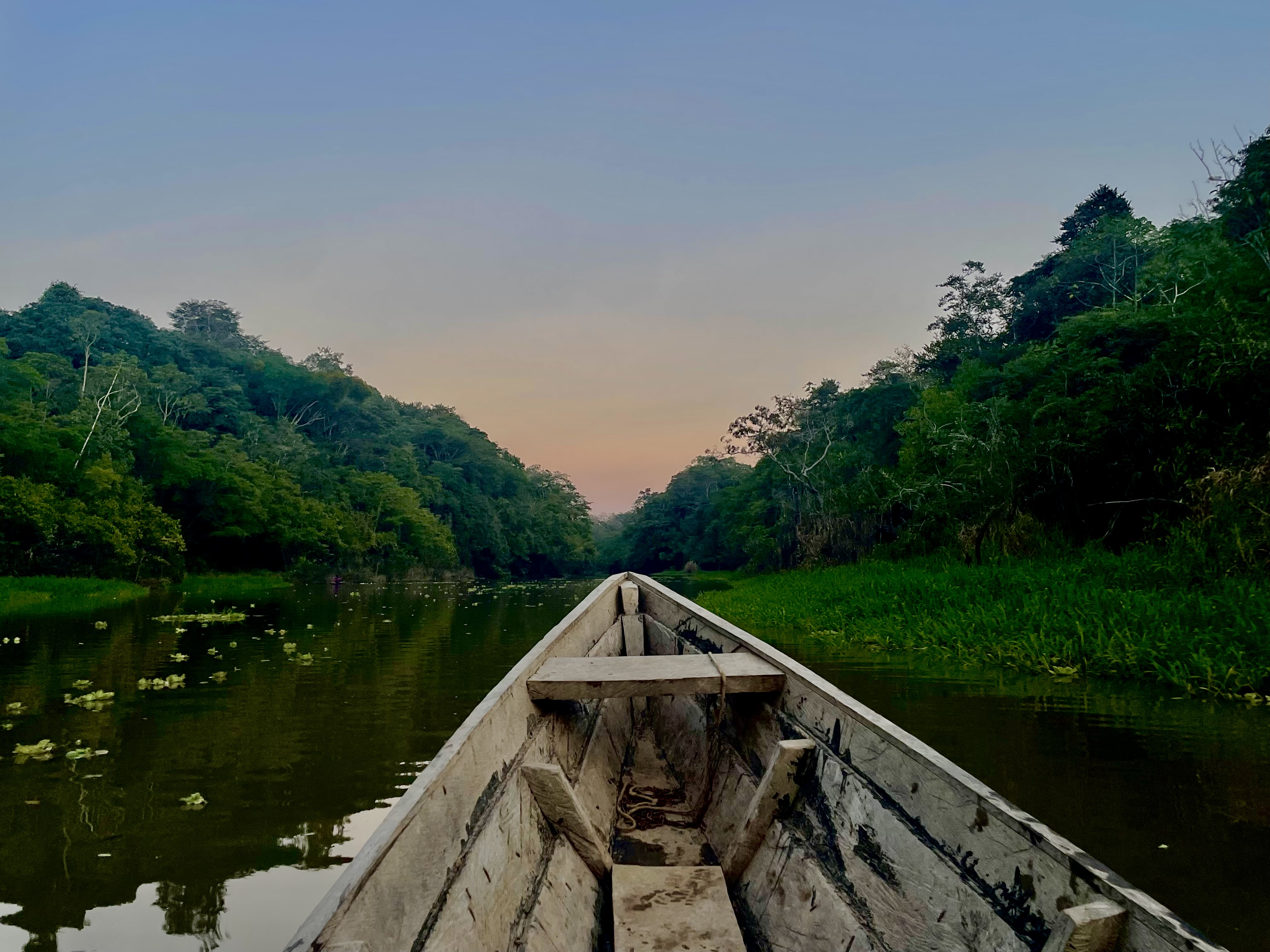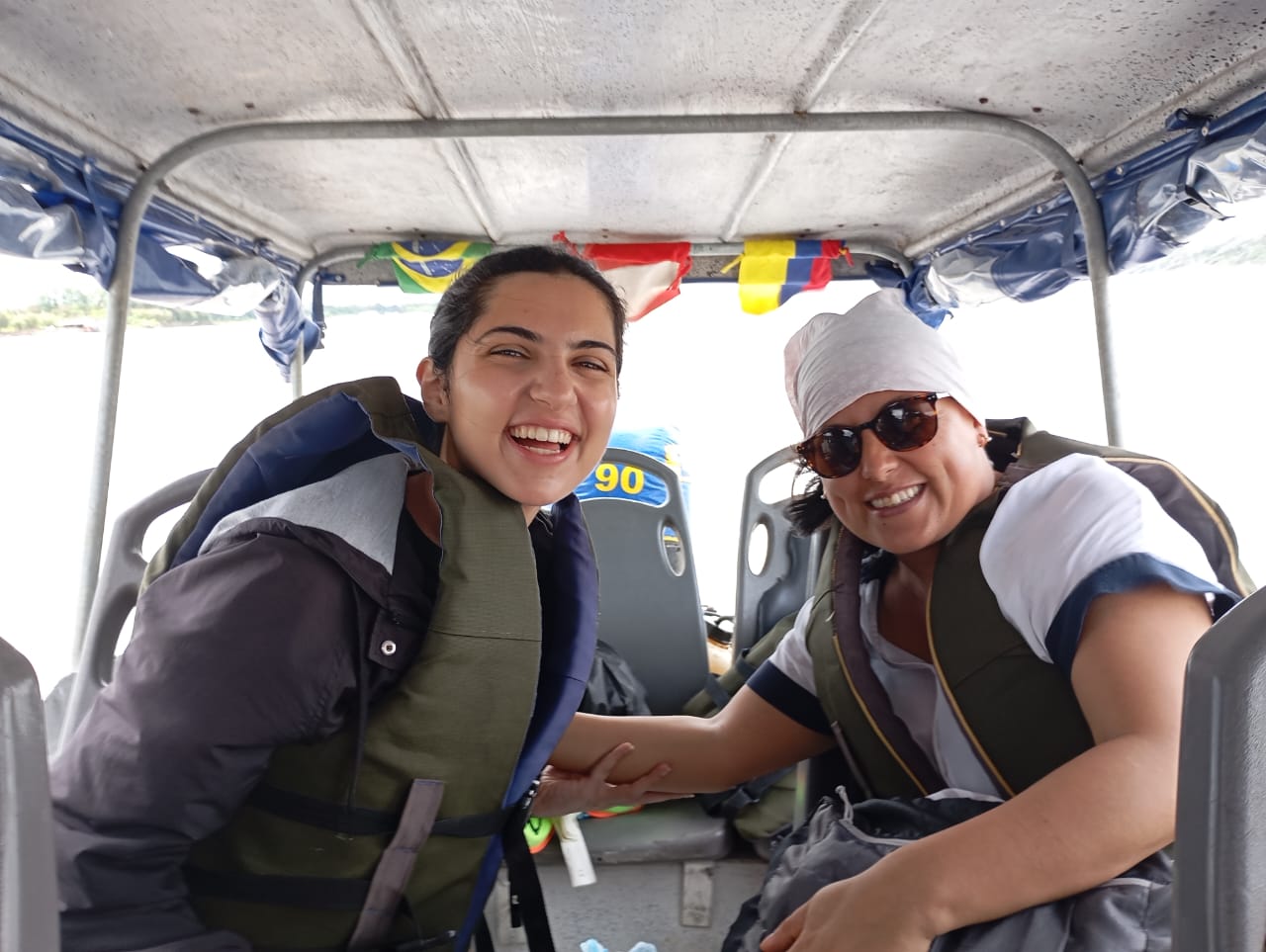President's Showcase
Miriam Alrahil she/her
Supervising Professor: Dr. Diego Mejía-Prado
Miriam Alrahil is a senior pursuing a dual degree in Latin American and Caribbean Studies and Middle Eastern Studies. She is part of the honors program, a Service Scholar, a Social Science Scholar, intern for the Spanish department, the current president of the Arabic Honor Society and the Middle East Center Assistant. She is currently pursuing an Honors in the Major focused on Lebanese diasporic literature found in Colombia, and in 2023 conducted an Spanish-Arabic linguistic contact project while on exchange in Alicante, Spain. She plans to continue her academic career with a Masters in Global Journalism and a Ph.D. in Cultural Anthropology centered around Latin American Indigenous Peoples. She hopes to work as a documentarian and a university professor, and is particularly interested in archival work and literary and cinematic tradition within the Global South.
Abstract
In this current anthropocenic era, the implications and effects of climate change have become more viscerally evident as the world faces rising sea-levels, steadily increasing global temperatures, and unprecedented shifts in weather patterns and natural disasters. Within Western discourse to find solutions, an integral group has been ignored: Indigenous Peoples. Indigenous peoples are known to protect 80% of the world’s remaining biodiversity (United Nations 2007), yet their milenia developed cosmovision and epistemology are not archivally recorded in most global academic institutions nor are there leaders included in alliances being formed to address this issue. This lack of Indigenous voices within this sphere could be one of our greatest inhibitors to achieving sustainable climate resilience. This project aims to document the Indigenous cosmovision in its authentic form, orally, by conducting audio and audiovisual interviews with Indigenous and Non-Indigenous conservationists within the Colombian Amazonian region. These interviews are focused on how both groups utilize Indigenous beliefs and practices with their work, and the project is divided into two parts: a documentary and an oral history project. The oral history project is more of a general reservoir of every interview I conducted during my time in the Amazon, while the documentary is focused on female leaders within the Indigenous and Non-Indigenous conservationists. This focus developed naturally over the course of the field work, as it was found that women are spearheading these preservation movements much more than is represented in the media, or is outwardly recognized in their communities.
Presentation Materials



